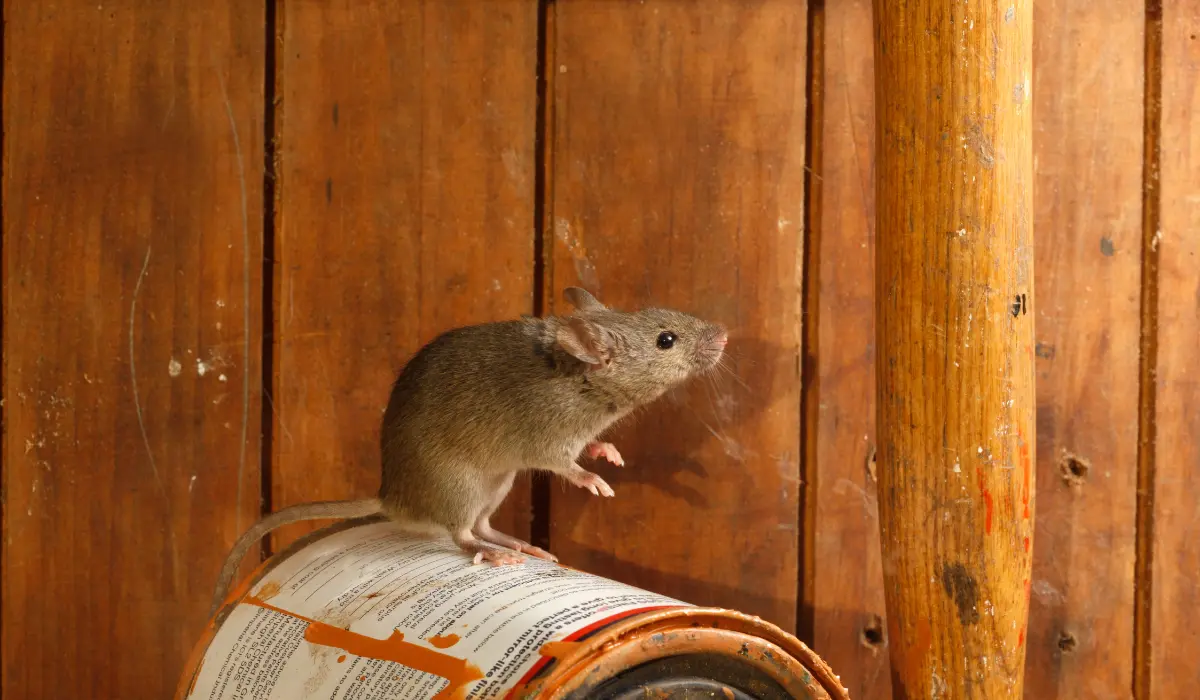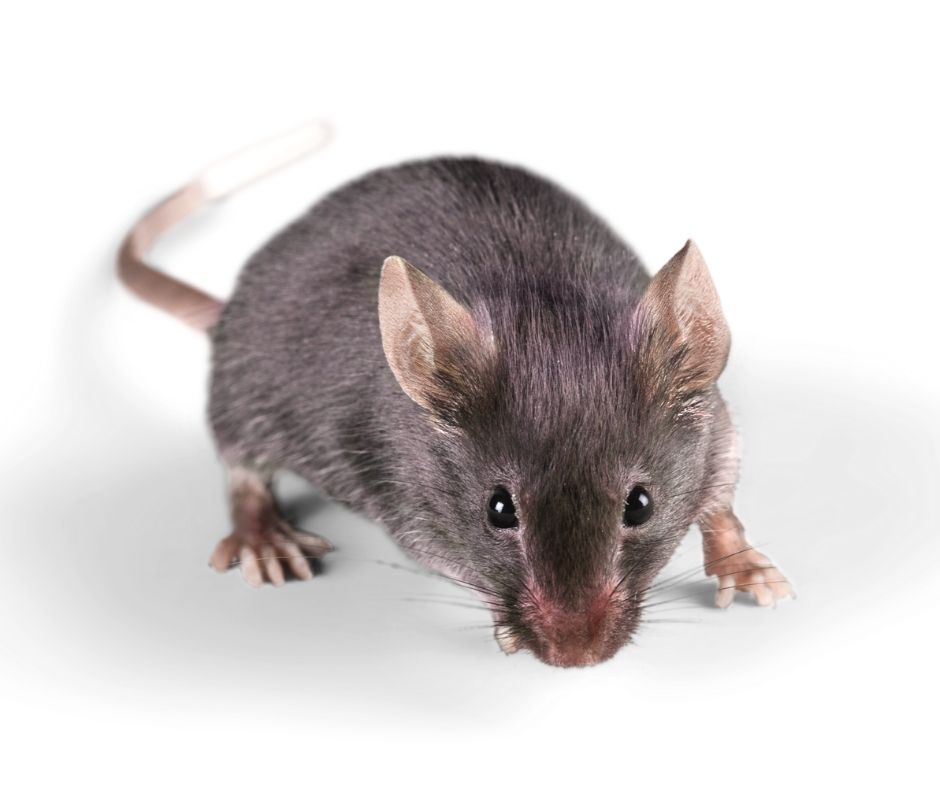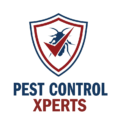Mice Treatments in Florida
Exterminator Services for Boynton Beach, Lake Worth, and Lake Worth Beach
Rodent Control and Mice Extermination in Boynton Beach, Florida, Pest Control Xperts
Hearing scratching sounds in your attic at 2 AM is a distinct kind of stress that many Boynton Beach and Lake Worth homeowners know all too well. At Pest Control Xperts, we specialize in comprehensive rodent removal and mice extermination services designed to protect your property from these destructive invaders. We serve the entire local community, from the waterfront condos in Ocean Ridge to the family homes in the western gated communities like Canyon Isles. We help you handle infestations involving roof rats, Norway rats, and house mice, which can cause serious damage to wiring and insulation.
In South Florida, rodents are a year-round threat, but they often become more aggressive seeking shelter during our rainy season or when temperatures dip slightly in the winter. Whether you are dealing with “fruit rats” nesting in your palm trees and accessing your soffits, or mice squeezing into a pantry through a weep hole, we have the local knowledge to solve it. Our team focuses on thorough pest inspection to find every entry point and utilizes safe pest management practices to remove the population effectively. We prioritize clear communication and dependable scheduling, restoring peace to your home quickly.
Reach out to us for assistance.
Why Mice Find Florida So Inviting

Rodent Problems We Solve in Boynton Beach
Rodents are more than just a nuisance; they are intelligent and agile pests that pose significant health and safety risks. In Boynton Beach, the most common culprit is the Roof Rat (often called the Fruit Rat), which thrives in our lush landscaping and easily jumps from tree branches to your roof. Once inside, they can chew through electrical wires, creating a fire hazard, and contaminate insulation with urine and droppings. Mice, while smaller, are equally problematic, often infesting kitchens and reproducing rapidly behind appliances.
Effective pest management for rodents is not about simply setting a few traps and hoping for the best. It requires a strategic approach to identify how they are getting in and why they are staying. We use pest tracking methods to map their runways and locate nesting sites. Our goal is complete rodent removal and ensuring your home is sealed against future attempts.
Common signs of a rodent issue:
- Scratching, scampering, or gnawing sounds in the ceiling or walls at night
- Droppings found in cabinets, along baseboards, or in the attic
- Gnaw marks on wood, PVC pipes, or electrical wiring
- Smudge marks (grease trails) along walls or entry points
- Nesting materials like shredded paper, fabric, or insulation
- Hollowed out oranges, avocados, or other fruit in your yard
- Pets acting agitated or staring at a specific spot on the wall
- Ammonia-like odors in hidden areas
Types of Rodent Issues We Handle
Roof Rat Control and Attic Invasions
Roof rats are the primary rodent threat in Palm Beach County. These athletic climbers spend most of their time off the ground, using utility lines, fences, and palm fronds as highways to your home. They exploit gaps in soffits, roof returns, and vents to gain access to the attic, where they find safety and warmth. Because they are nocturnal and cautious, they can be difficult to catch without professional experience.
What we look for during inspection:
- Tree limbs touching or hanging over the roofline
- Grease marks on fascia boards or utility wires
- Damaged screens on roof vents or eaves
- Tunneling in attic insulation
How we approach treatment
We focus on trapping and removal using strategies specific to roof rat behavior. We place traps along their established runways in the attic and high up on the structure. Crucially, we identify the specific roof vulnerabilities they are using so we can recommend exclusion techniques for pests to seal them out permanently.
Mice Extermination in Kitchens and Walls
While less common than rats in our area, House Mice are still a frequent problem, particularly in multi-unit housing or dense neighborhoods. Mice can squeeze through openings as small as a dime. They prefer to nest close to food sources, often setting up shop behind refrigerators, under stoves, or inside pantry walls. Their rapid breeding cycle means a small issue can become a major infestation in weeks.
What we look for during inspection:
- Gaps around plumbing pipes under the sink
- Cracks in the exterior foundation or loose weather stripping
- Droppings in silverware drawers or pantries
- Chewed food packaging
How we approach treatment
Mice extermination requires a different strategy than rats. We use multiple baiting systems and snap traps placed in tight corners and behind appliances where mice travel. We also focus on pest proofing the interior, sealing small gaps around pipes and cabinets to cut off their movement within the home.
Rodent Entry via AC Lines and Utilities
One of the most overlooked entry points in Florida homes is the chase where air conditioning lines enter the structure. Rodents often chew through the foam insulation and squeeze through the wall penetration to access the interior. This highway allows them to move from the exterior condenser unit straight into your mechanical closet or attic.
What we look for during inspection:
- Missing or damaged escutcheon plates on exterior walls
- Chewed foam insulation on AC lines
- Gaps around dryer vents or gas lines
How we approach treatment
We inspect all utility penetrations closely. Our treatment involves rodent barrier installation, using materials like steel wool and sealant that rodents cannot chew through. By physically blocking these highways, we force the rodent population to move on to easier targets.

Our Rodent Inspection and Treatment Approach
At Pest Control Xperts, we treat rodent control as a construction and biology problem, not just a trapping problem. Our pest assessment services begin with a rigorous top-to-bottom inspection. We crawl into attics and check crawlspaces to find the evidence others miss. We look for “rub marks” where oily fur has stained the entry points, and we trace the pathways from the exterior landscaping to the interior of the home.
Once we understand the infestation, we implement a targeted plan. We typically use mechanical traps to remove rodents from the interior rather than relying solely on poisons inside the home. This prevents the risk of a rodent dying inside a wall void and creating a secondary odor problem. For exterior control, we may use tamper-resistant bait stations as part of an integrated pest management strategy to reduce the overall pressure on the property.
The most critical part of our approach is exclusion. Trapping removes the current residents, but exclusion keeps new ones out. We provide detailed recommendations for rodent barrier installation, such as sealing roof returns, screening vents, and fixing door sweeps. We help you with long term pest control planning, moving you from a reactive stance to a proactive defense.
Rodent Prevention and Pest Proofing Tips for Boynton Beach Homes
Living in a tropical climate means you are surrounded by wildlife, but you don’t have to share your home with it. Prevention focuses on removing attractants and sealing the “envelope” of your house. Rodents are opportunistic; if you make it difficult for them to enter, they will usually go elsewhere.
Preventative steps that actually help:
- Trim all tree branches back at least 6 to 8 feet from the roofline to cut off jumping points
- Pick up fallen fruit (mangoes, avocados, citrus) from the yard daily
- Ensure garbage cans have tight-fitting lids and are not stored right against the house
- Do not leave pet food or water bowls outside overnight
- Seal gaps around AC lines and utility pipes with steel wool and caulk
- Install heavy-gauge mesh screens on all roof vents and chimney caps
- Keep mulch layers thin to avoid creating nesting areas near the foundation
- Check weather stripping on garage doors and entry doors for gaps
We can help you identify these vulnerabilities during our visit. Our pest deterrent strategies are designed to work with the specific architecture of Boynton Beach homes, from Spanish-style tile roofs to modern stucco construction.
Residential and Commercial Rodent Control
We provide specialized rodent solutions for both residential and commercial clients. For homeowners, our residential pest control focuses on safety and peace of mind. We know you are worried about diseases and damage, and we work quickly to remove the pests and sanitize the affected areas.
For businesses, particularly restaurants and food processing facilities, we offer commercial pest services that prioritize compliance and brand protection. A rodent sighting can shut down a kitchen. We provide rigorous exterior baiting and interior monitoring to ensure your facility remains pest-free. We also work with property managers of multi-unit complexes to handle building-wide exclusion projects, preventing rodents from traveling between units.

Professional Rodent Control vs DIY Methods
Many homeowners try to handle rodents themselves with store-bought traps or bait blocks. While this can catch an unwary mouse, it rarely solves a rat infestation. Roof rats are “neophobic,” meaning they are afraid of new objects. They will often avoid DIY traps for days or weeks. Furthermore, placing loose poison in an attic is risky; it can lead to rodents dying in inaccessible walls, causing a terrible odor that lasts for weeks.
Misidentifying the pest is another issue. The trap placement for a mouse is different from that for a rat. Using a trap that is too small for a large rat can result in an injured, angry animal rather than a clean kill. Professional pest exterminators understand the behavior of these animals. We know exactly where to place traps for maximum effectiveness.
Most importantly, DIY methods rarely address the entry points. You can catch ten rats, but if the hole in the roof remains open, ten more will come in. Our professional service focuses on exclusion techniques for pests. We find the holes you can’t see and seal them with materials that stand up to gnawing teeth. This comprehensive approach is safer for your family and more effective in the long run.
Frequently Asked Questions About Rodent Control
Do you provide rodent control in Boynton Beach and nearby areas?
Yes, we serve the entire area including Boynton Beach, Lake Worth, and Lake Worth Beach. We are experts in handling the specific rodent species found in Palm Beach County.
How do you find where the rats are getting in?
We perform a detailed inspection of the exterior and interior, looking for rub marks, gnaw marks, and droppings. We check rooflines, vents, and utility pipes, often finding gaps as small as a quarter that allow entry.
Will the treatment smell?
Our primary method for interior removal is trapping, which allows us to remove the carcass. We avoid using poisons inside the home specifically to prevent rodents from dying in walls and causing odor issues.
How long does it take to get rid of rats?
It depends on the size of the infestation. Typically, once we seal the entry points (exclusion), trapping the remaining rodents takes a few days to a week. We monitor the situation until activity ceases.
Do you offer sanitation services?
Yes, after the infestation is removed, we can advise on or provide sanitation to clean up droppings and urine, which can carry bacteria and pheromones that attract other rodents.
Are rats dangerous to my pets?
Rats can carry diseases and parasites like fleas. Our treatment methods are designed to be safe for pets; we use tamper-resistant stations and place traps in areas pets cannot access.
Why do I hear scratching only at night?
Rodents, especially rats and mice, are nocturnal. They sleep during the day and are active at night foraging for food and building nests, which is when you hear the noise.
Is there a local rodent removal service near me?
Yes, Pest Control Xperts is your local provider. We can respond quickly to inspect your home and start the removal process.
Service Area for Rodent Control in and Around Boynton Beach, Florida
We are proud to protect the homes and businesses of our local community. Whether you live in a historic home with a crawlspace or a newer property on a golf course, we have the experience to handle your rodent issues. We serve the following neighborhoods and towns:
- Boynton Beach
- Lake Worth
- Lake Worth Beach
- Ocean Ridge
- Manalapan
- Golf
- Hypoluxo
- Lantana
- Aberdeen
- Leisureville
We bring professional, reliable service to every job, treating your home as if it were our own.
Zip codes we serve: 33424, 33425, 33426, 33435, 33436, 33437, 33460, 33461, 33472, 33473.
Conclusion
Rodents do not belong in your home. They cause damage, spread disease, and ruin your peace of mind. At Pest Control Xperts, we have the skills to remove them and the expertise to keep them out. Let us help you secure your property against these invaders.
Contact us today.
